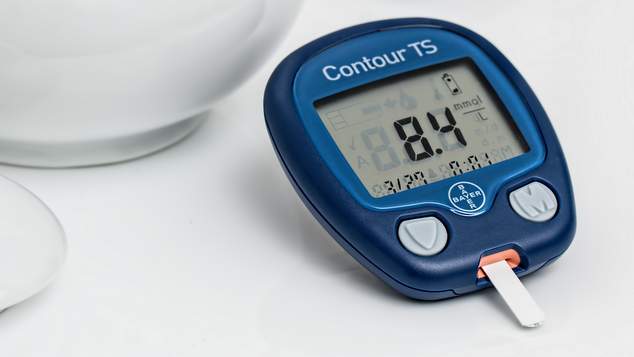
New research has suggested there is an increased chance of developing Type II Diabetes among older people living with HIV if they were exposed to older antiretroviral treatments.
People with HIV over the age of 50 are more likely to have developed type 2 diabetes if they started antiretroviral treatment before 1999 or had a longer exposure to older antiretroviral drugs such as stavudine (d4T) or first-generation protease inhibitors such as nelfinavir or indinavir.
That’s the findings of a new study published in the BMJ Open Diabetes Research & Care. The research is a welcomed discovery for people more recently diagnosed with HIV who take more modern treatments, which appear not to increase the risk of diabetes.
Type 2 diabetes is a medical condition where the body loses, or has reduced capacity, to produce the hormone insulin. As a result cells are unable to process glucose leads to damage of small blood cells. Over time this leads to kidney damage, cardiovascular disease, lower limb damage and loss of sight.
People who are obese are at greater risk of developing Type 2 diabetes, and the risk increases with age. People with HIV have a higher risk of developing diabetes but it has not previously been clear why this occurred.
The study looked at over 1000 patients attending a hospital in Canada and found that 235 of them had developed Type II diabetes alongside HIV. The incidence was 39% higher than the general population.
The study found no significant difference in the risk of developing diabetes by age at HIV diagnosis or age at treatment initiation. Developing diabetes was not associated with having hepatitis C virus antibodies or with injecting drug use. Sex, weight, or latest body mass index were also not associated with the increased risk of developing diabetes.
Researches found that people who began treatment for HIV prior to 2005 had a much greater incidence of Type II diabetes, but those who began treatment after 2005, when a new generation of antiretroviral treatments were introduced, had significantly less occurrences of diabetes.
Read more about the study at AIDS Map.
Support OUTinPerth
Thanks for reading OUTinPerth. We can only create LGBTIQA+ focused media with your help.
If you can help support our work, please consider assisting us through a one-off contribution to our GoFundMe campaign, or a regular contribution through our Patreon appeal.




